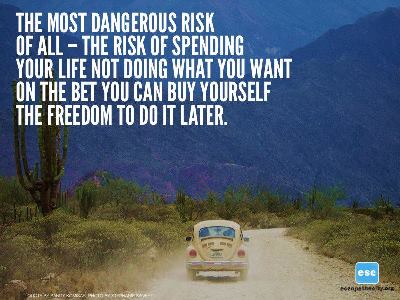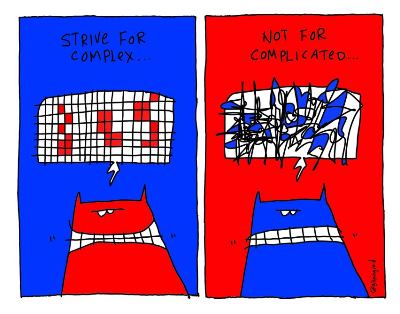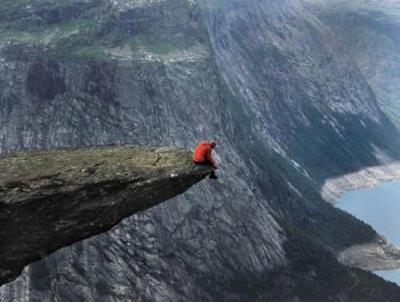Contracts and how to behave with them are one of the most frequent issues in many instances, in particular in professional activities. In my case, it applies particularly in the field of project management activities.
 Should we have a contract? What should be in there? How should one behave with respect to the other party? Be extremely contractual and formal or be relatively informal and rely on the contract only as a last resort reference? Opinions on the matter vary, behaviors are tainted with cultural differences.
Should we have a contract? What should be in there? How should one behave with respect to the other party? Be extremely contractual and formal or be relatively informal and rely on the contract only as a last resort reference? Opinions on the matter vary, behaviors are tainted with cultural differences.
One of the best guidance I found is: “Get it in writing but depend on trust“. It is a quote from an excellent book by Gerald Weinberg, ‘the Secrets of Consulting‘.
It sums it all: those that are coldly contractual are wrong. Those who are all in talking and not in writing are wrong. Both won’t get anywhere.
In all instances I have found that whatever the contractual environment, the bureaucracy and the expectations of compliance, trust needs to be created, maintained and developed between parties for things to happen. And the best project managers and managers understand that. They will try to develop trust with their counterparts.
Depend on trust. You’ll go far. Just put it in writing too!







 Anyway, I found there an excellent career advice, and a new concept, the squiggle:
Anyway, I found there an excellent career advice, and a new concept, the squiggle:

